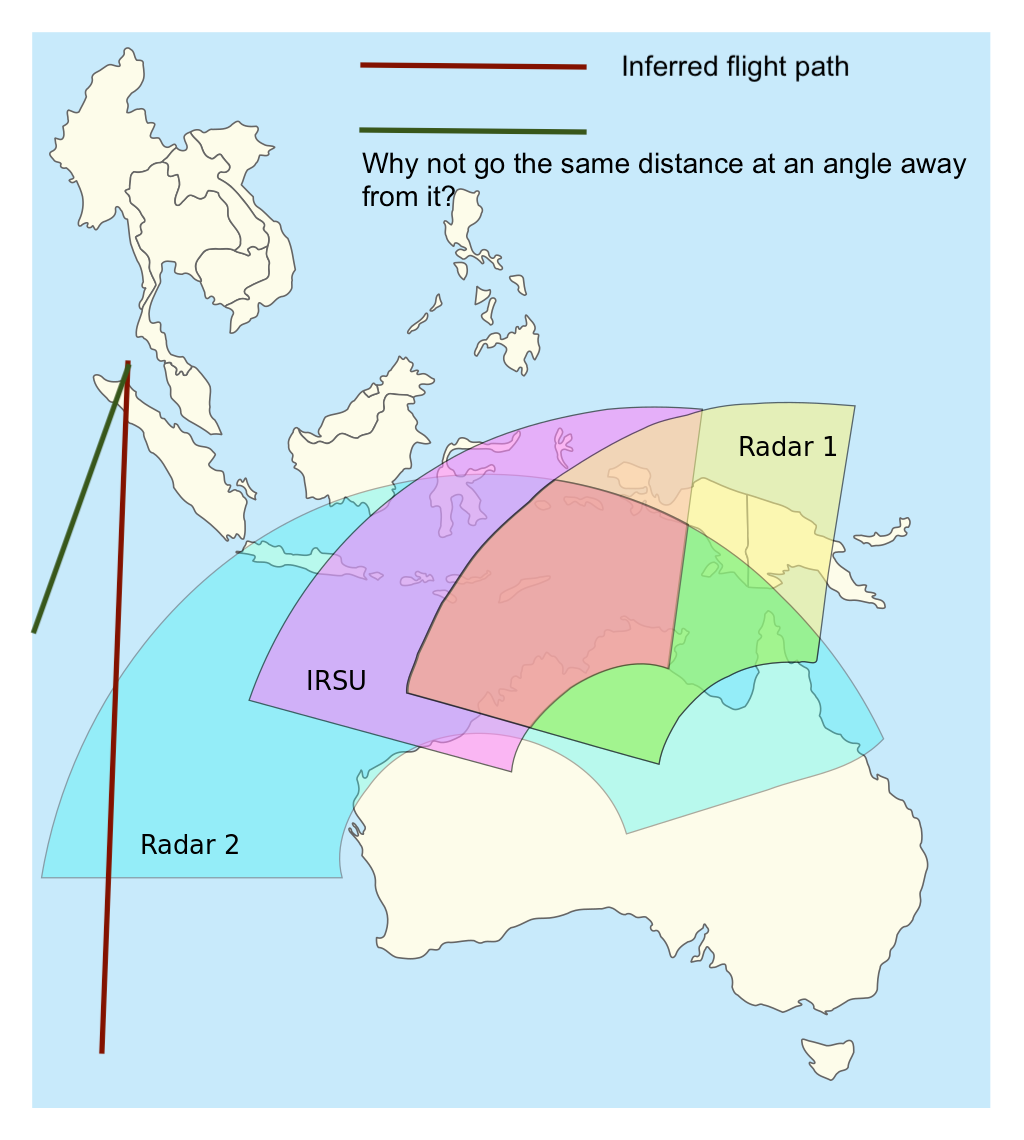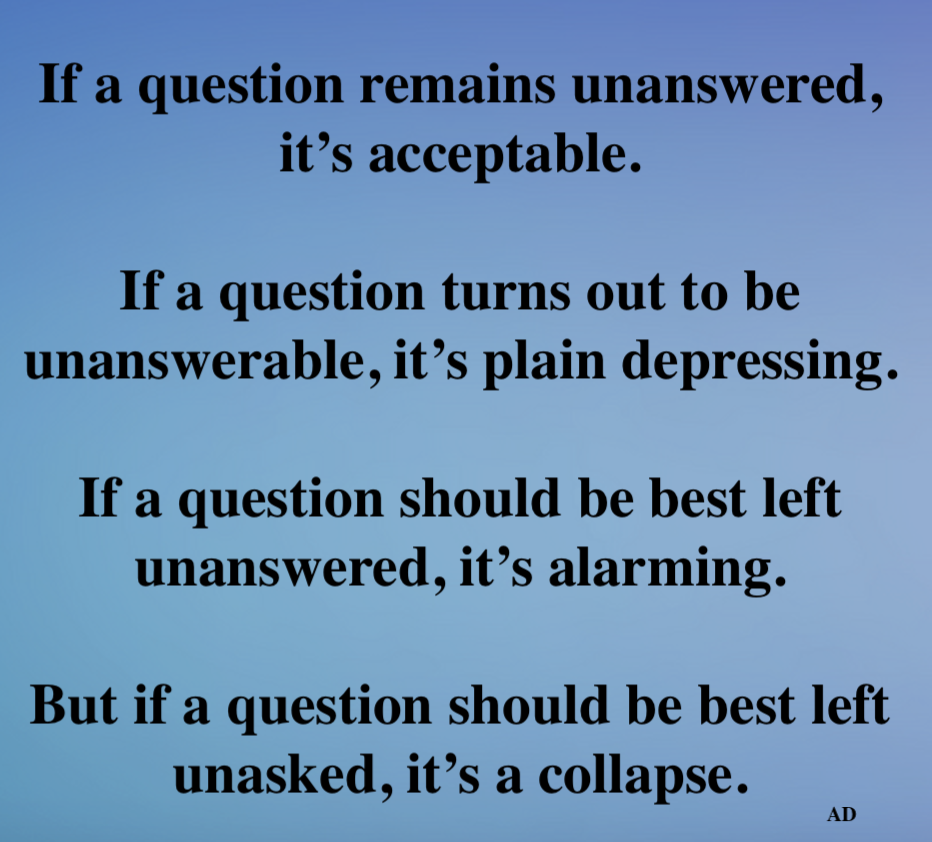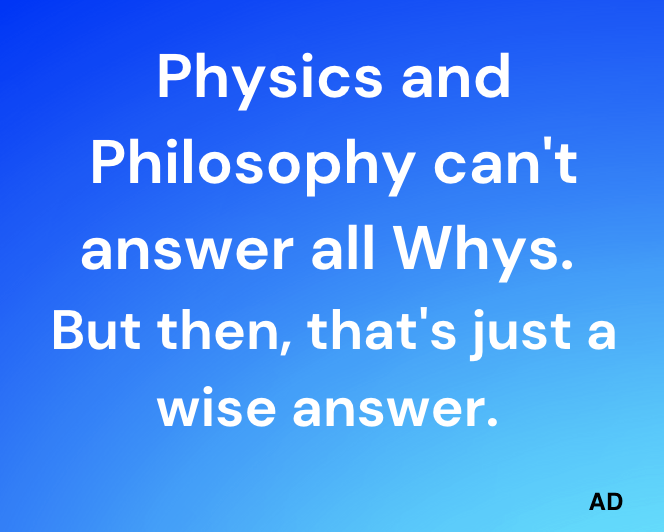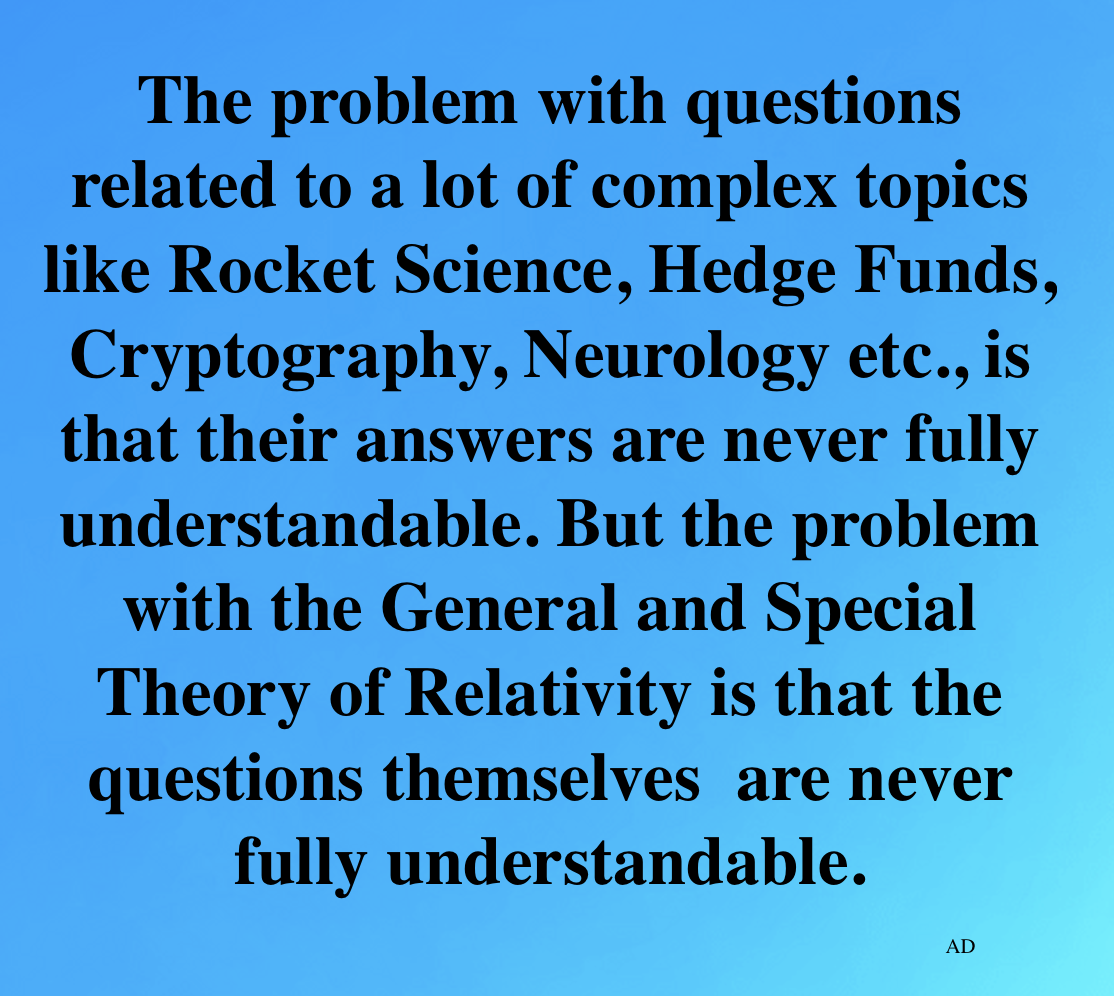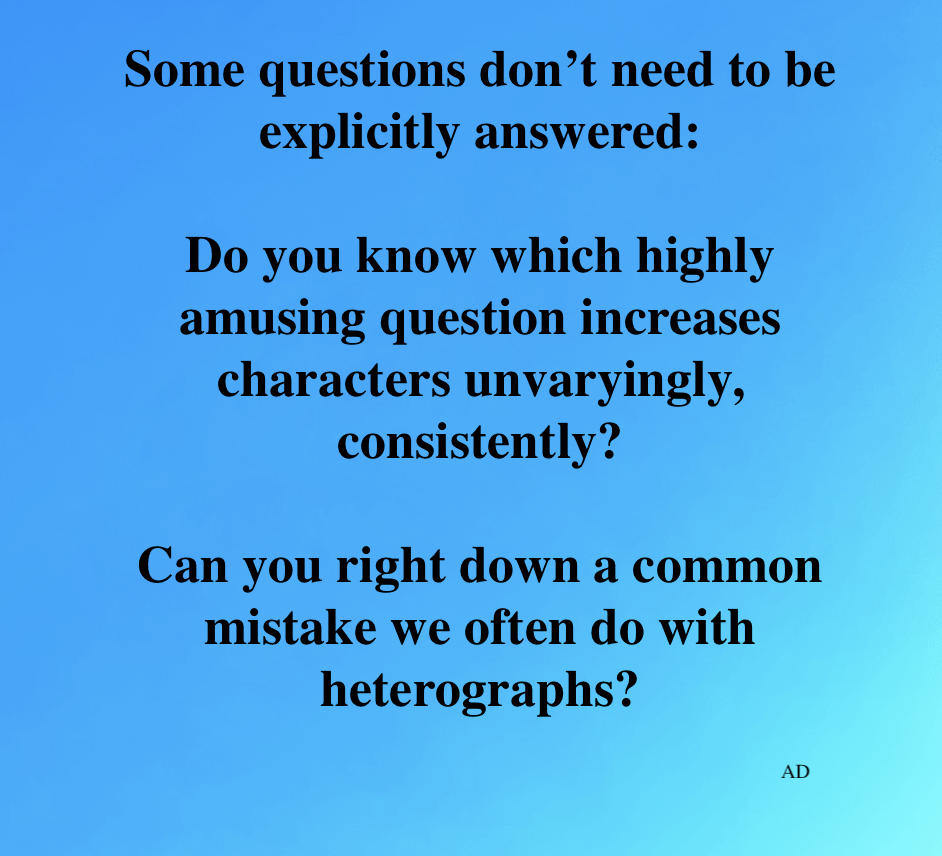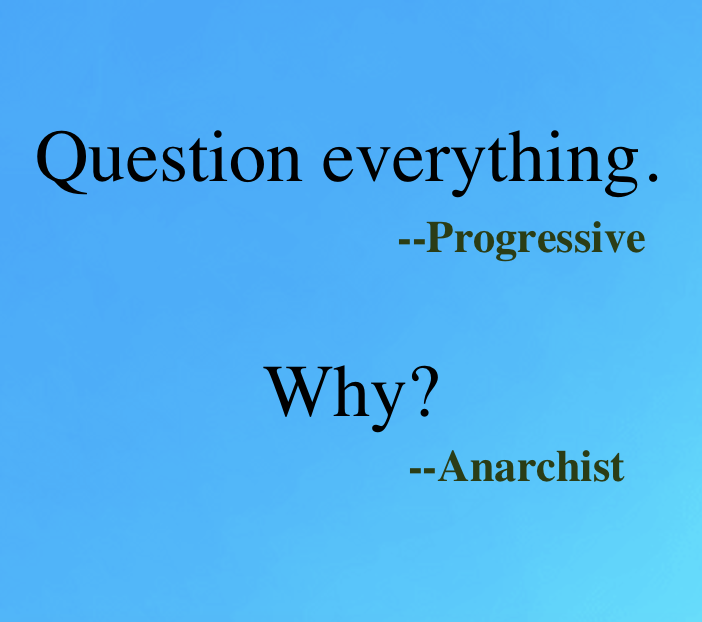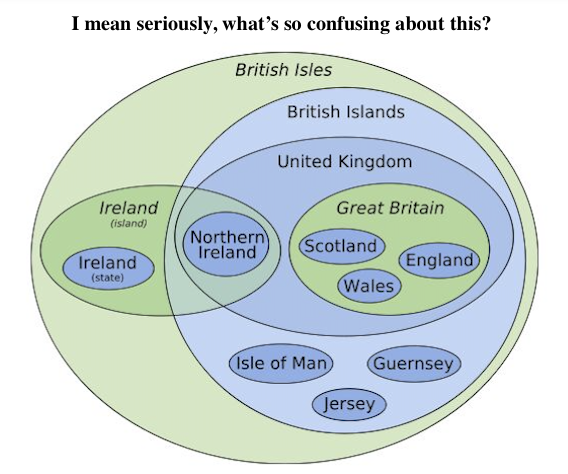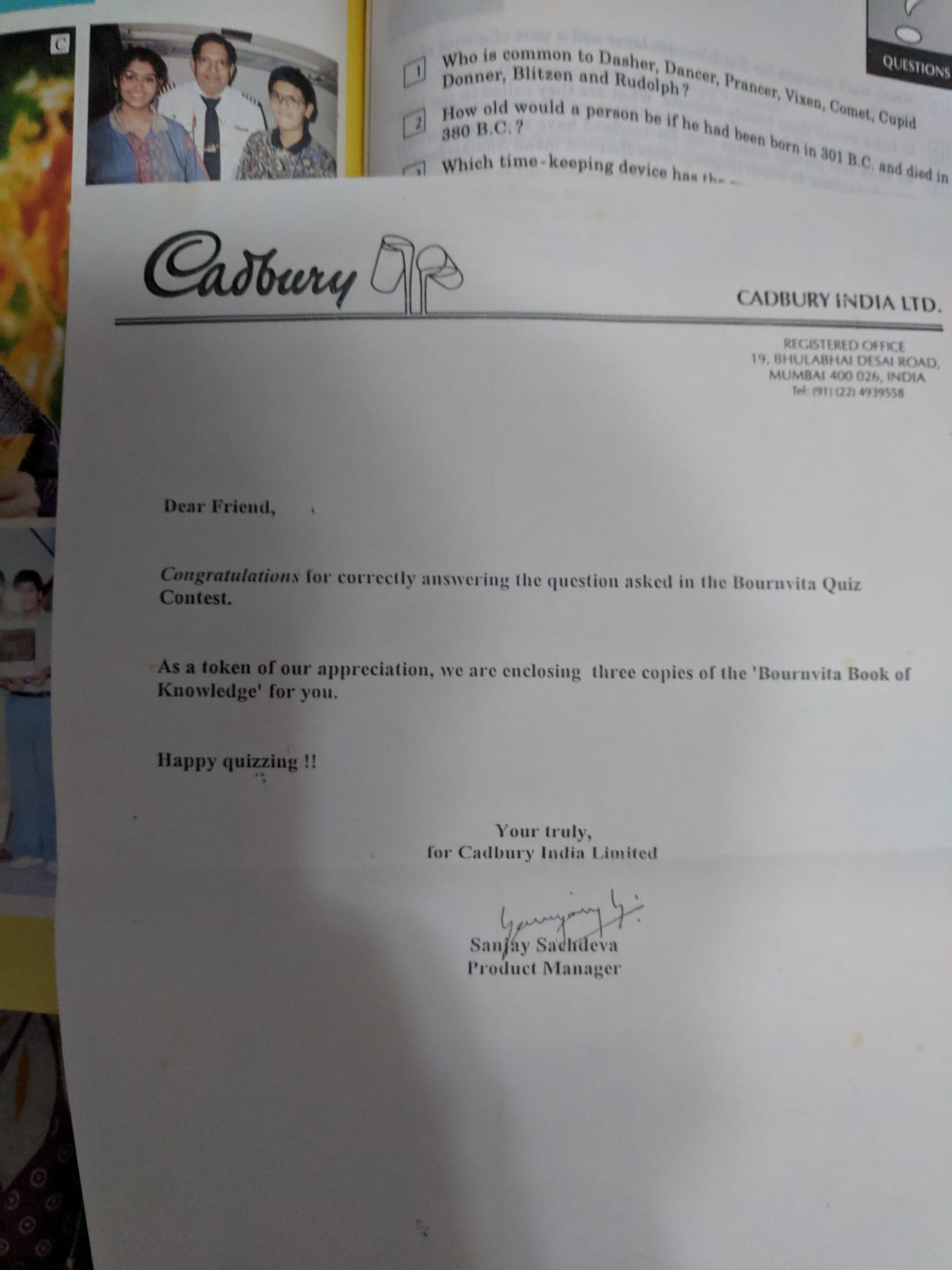Disclaimer: This is my point-of-view/inference on what happened on MH370 rather than an official report.
The disappearance of MH370 has been a long-standing mystery in the aviation world. Given the lack of CVR (Cockpit Voice Recorder) and FDR (Flight Data Recorder) to conclusively prove anything, the loss of the aircraft has resulted in myriad theories that range from mostly logical to wildly suppositional to borderline conspiratorial trying to explain the incident.
My take on theoretically explaining a mystery of this nature uses a mental examination tool that I term
"Sherlock's Razor" - which is nothing more than a blend of two popular analysis techniques - Occam's Razor (often inaccurately paraphrased as the simplest explanation is usually the best one) and Sherlock Holmes's assessment that
when you have eliminated the impossible, whatever remains, however improbable, must be the truth.
Rather than building the theory bottom up, I will take the approach of end-to-start order because it eliminates many questions raised across discussions.Firstly, in fact lastly, if the Captian (or the First Officer or a third party, and for the sake of simplicity, let's call them - perpetrator) was consciously handling the flight when it landed in the southern Indian Ocean, thereby destroying itself and was conscious throughout, then it's almost impossibly unlikely that they'd have flown south-east "towards" Australia where there could be potentially a lot more radars (Australia, Indonesia, etc.) and detection devices than flying southwards but towards the west at the same angle where there's barely any landmass. As the image below shows, flying the airplane a little westwards would have an even better chance of non-detection and non-recovery due to the remoteness of the central south Indian Ocean. Given this, I will infer that the airplane was on autopilot, at least at this point.
Building on this assumption, if the airplane did manage to fly for that long without any interruption, it's safe to assume that there was no major fire at the point (which would have caused the airplane to come down sooner) or significant structural damage. This would mean that whatever caused the whole saga of MH370 was not a violent incident (like an explosion, major fire, collision, etc.) but rather a local, silent one - like a catastrophic power failure, a hijack gone wrong, depressurization, a minor fire that led to a chain of events, etc.)
At this point, it's out of order but nevertheless coherent to answer another glaring point raised by many analysts that it's a deliberate act (by either the Captain, the First Officer, or a third intruder) because the whole communication going dark and change in flight's direction happened precisely at the hand-off between two national airspaces when the Kuala Lumpur ATC handed MH370 off to Vietnam's Ho Chi Minh ATC. The handover could be a chaotic window because there's evidently scope for latency in communication between two ATCs if things were to go wrong. Based on this, many argue that this time was deliberately chosen. However, I point out that the handover is NOT the only interesting event that happened at this point. Another equally critical thing had occurred just before the hand-off - which warrants a similar extent of consideration. And that is the fact that the aircraft had risen to 35000 feet just minutes before the hand-off. Why is this important? It is noteworthy because if there were any incident at this point that resulted from a loss of cabin pressure (either gradual or semi-immediate), its effects would immediately become apparent at 35000 feet and above.
Below is the timeline (in MYT (Malaysian Standard Time) to give the reader crew's perspective of time):
-
00:42 - Flight MH370 takes off from runway 32R at Kuala Lumpur International Airport
-
00:42:53 - ATC gives Flight 370 clearance to climb to Flight Level 180, approximately 18,000 ft, and proceed directly to waypoint IGARI
-
00:46:58 - ATC gives Flight 370 clearance to climb to Flight Level 250; approximately 25,000 feet
-
00:50:08 - ATC gives Flight 370 clearance to climb to Flight Level 350; approximately 35,000 feet (This is where the aircraft starts its ascent to 35000 ft)
-
01:01:17 - The Captain informs ATC that Flight 370 has reached Flight Level 350. So, at 01:01:17, the flight is at 35000 feet. Any gradual or semi-immediate hypoxia event here will start affecting the crew.
-
01:07:56 - The Captain confirms again that Flight 370 is flying at Flight Level 350 (I frankly did not get why there was a need to confirm that again to the ATC but could it be an unwritten protocol?)
-
01:19:30 - KL ACC instructs the crew to contact Ho Chi Minh ACC (HCM ACC). The aircraft passes waypoint IGARI as the captain replies, "Good night. Malaysian three seven zero." This is the final voice contact with Flight 370.
-
01:21:13 - The position symbol of Flight 370 disappears from KL ACC radar, indicating the aircraft's transponder is no longer functioning. Malaysian military radar continues to track the aircraft, which "almost immediately" begins a turn to the left until it is traveling in a south-westerly direction
Two things to note from above:
-
The flight gradually ascended from levels 180 to 250 to 350 as expected and was at 350 level for 20 minutes (from 01:01 to 01:21 at which there has been some problem and the flight disappeared). So, if there was some gradual event that led to a hypoxia situation, it's not unrealistic that it unfolded around the hand-off period. Additionally, an interesting point to note is that the Captain's last words - "Good night. Malaysian three seven zero." is not standard. He was supposed to read back the frequency. It would be ideal to do a time-series check from the Captain's previous flights to see if this non-standardness was routine for the Captain or if we are looking at the onset of mild hypoxia here - the Captain not being able to crystal-clearly communicate in a standard way.
-
Quite clearly, this event did not only affect pressurization but also other power systems. This rendered ACORS, the transponder, and SATCOM useless. Pilots possibly tried to send SQUAK 7700 but since that needs a working transponder, it might not have reached the ground. At this point, the pilots - as expected from them - would have adhered to the proper prioritization protocol of - "Aviate, Navigate, Communicate - in that order".
At this juncture, I hypothesize that the autopilot was either manually disengaged or it disengaged by itself due to major electrical and/or other failures, and the pilot in command took the manual sharp left turn in a south-westerly direction as picked up by the Malaysian military primary radar.
That was, in my opinion, not in an attempt to do an emergency landing at either
Penang International Airport or Langkawi International Airport, a 13,000-foot-long (4.0 km) airstrip with an approach over water with no obstacles, but
in an attempt to land at
Sultan Ismail Petra Airport, which was actually the closest to check point IGARI.
The landind itself never happened obviously, which means that either both pilots were fighting (literal) fire or other malfunction that did not let them think about anything else, or one of them was already incapacitated, and the other one was handling other issues at hand.
Given the experience of both pilots, I'd unfortunately have to assume that the more experienced Captain Shah was incapacitated either due to fire or hypoxia, and that the less experienced co-pilot Fariq Hamid was handling the plane.
(Likely unrelated, but as a side note here, I'd like to add that the copilot's mobile phone was detected by the BBFARLIM2 base station at Bandar Baru Air
Itam on Penang Island at 17:52:27 UTC).
The most interesting event happens at 2:25 AM MYT. The SDU send a "log-on" request to the Inmarsat satellite. There are only a few instances when SDU sends such a request, and the most likely scenario here is that the SDU was restarted, implying the the power came back up!!!
(Or, one could argue it was manually turned on again, but why would anyone do that if the idea was to fly dark and never be accessible?). This is also prominent from another angle because when power came back up,
it not only reactivated SDU but other crucial equipments as well, including the navigation system. How do we know this? We know this because SDU needs the navigational system to be active to maintain the antennae pointed towards the satellite.
This also could potentially mean the autopilot got re-engaged (if it was non-manually taken out earlier due to power failure). The re-engagement of the auto-pilot opens up some options for the aircraft's next set of turns.
The aircraft had three autopilot modes. The standard mode for en-route navigation is LNAV, which navigates along a great circle route between waypoints, adjusting the aircraft's heading to compensate for wind. Other modes will maintain the aircraft's heading direction or the aircraft's track (flight path in a straight direction).
Depending on what mode the aircraft was in, an abrupt southwardly turn and the close-to-straight path of the flight from there on until its eventual fate could be surmised as due to the sudden and swift reengagement of autopilot.
Finally, two simple points I'd like to make again on why it's unlikely that pilots deliberately ditched the plane.
-
There was absolutely no reason for pilot(s) to manually restart the power, thereby turning on SDU that would send out vital clues, if this whole thing was deliberate.
The SDU log-on request at 2:25 AM MYT has to be non-manual.
-
The average weight of the 41-ish items (by the time of this writing) of floating debris recovered is around 5 kg. The zero fuel weight of
the Boeing 777-200ER was around 175,000 kg. This implies up to around 35,000 items of debris, which in
turn implies a severe impact. If the pilot(s) really wanted to make it disappear with least number of clues left behind, they'd have tried to ditch the aircraft in order to reduce the
number of floating debris, and this doesn't seem to be the case at all.
-
If the pilot(s) were still controlling the plane during its southward travel and really wanted to take it as far away from civilization as they could,
they'd fly it away from Australia and not towards it. If pilot(s) had done so much research, it's unlikely they'd have missed Australia's JORN tracker that could have potentially detected the plane (although it did not as it was not operational on that day!).
They'd fly it south west, more towards Reunion but far south.
